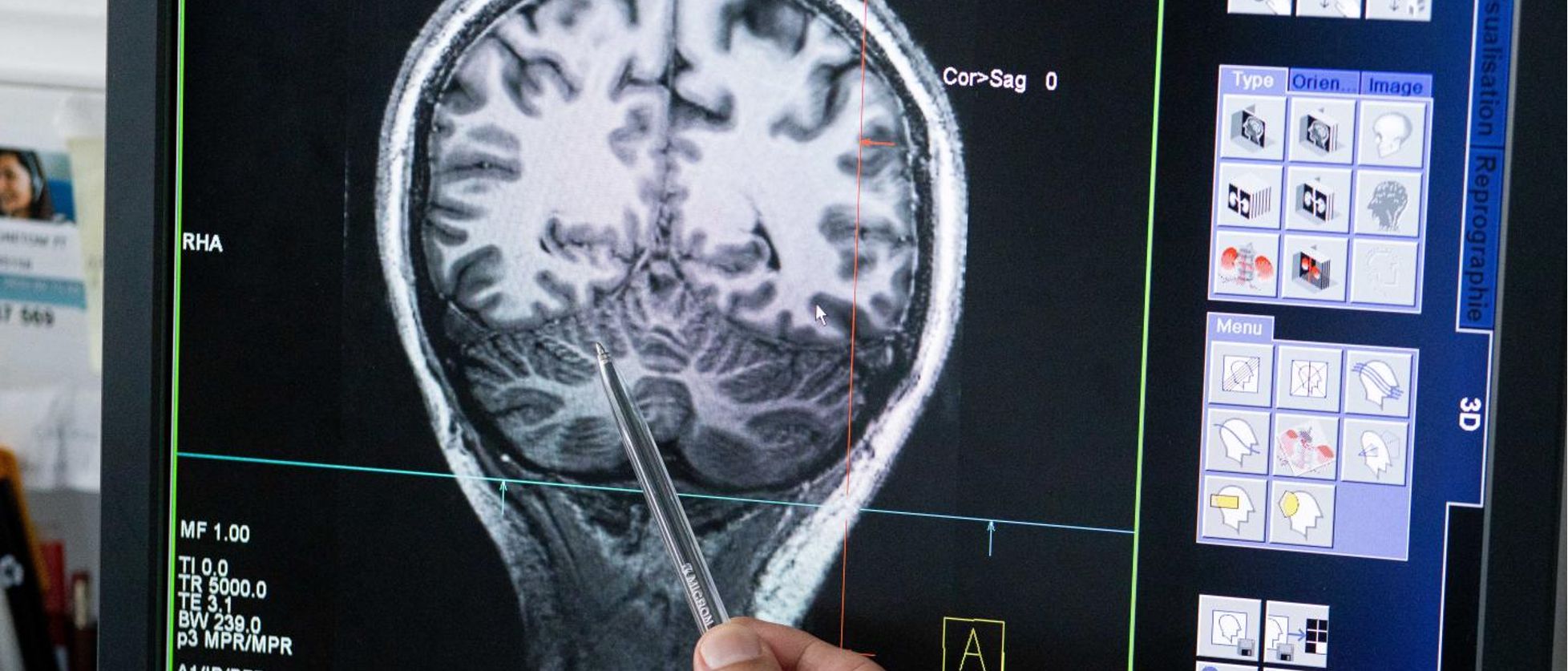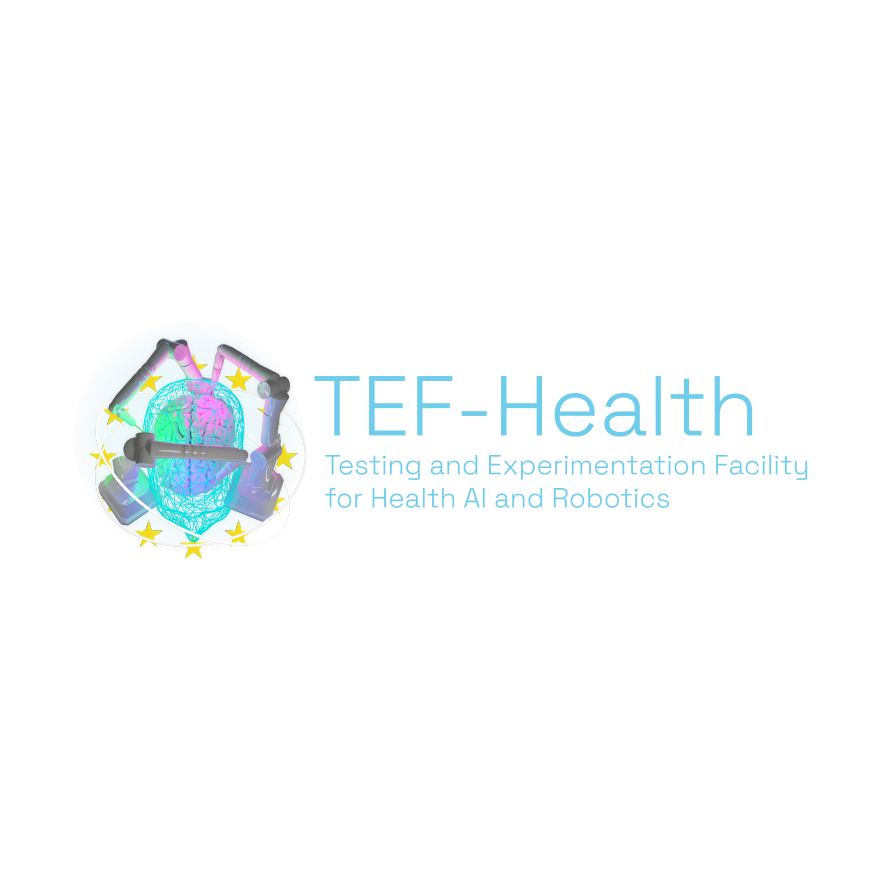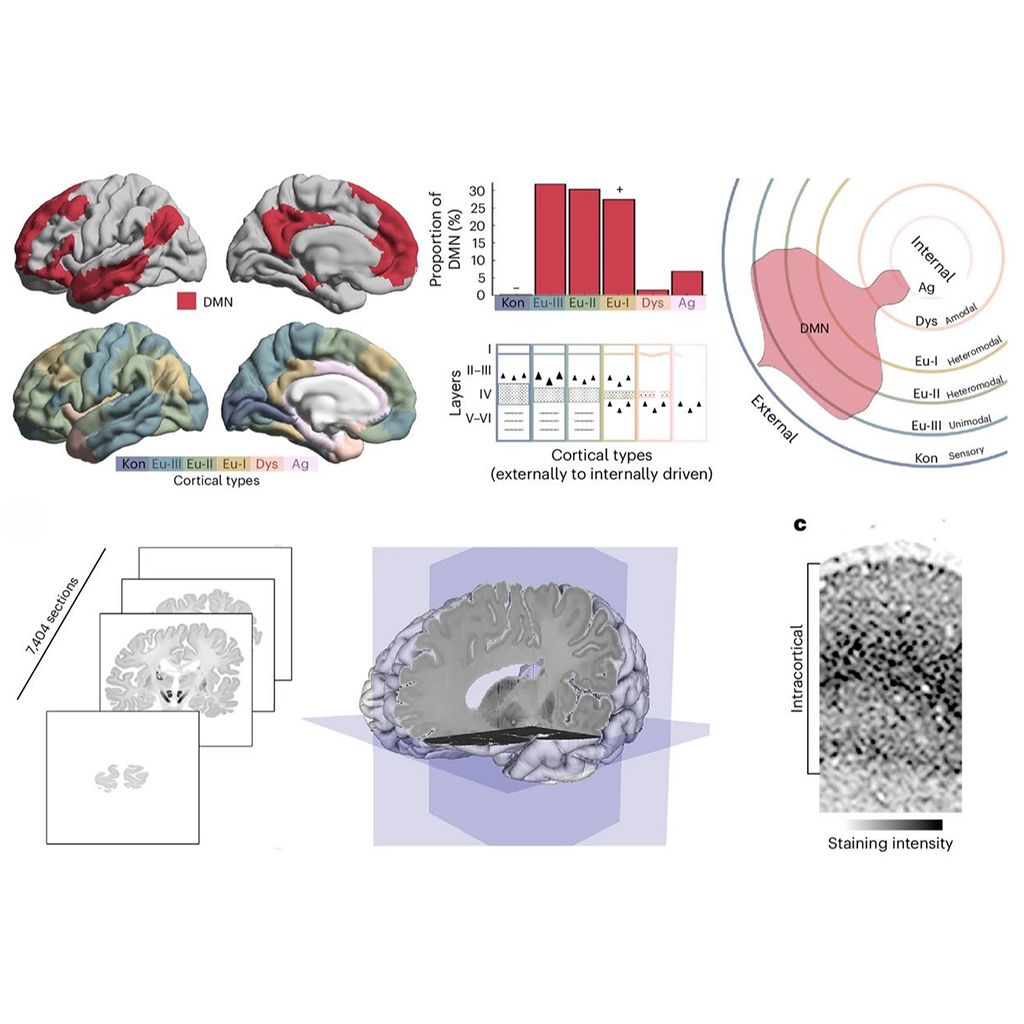
European scientists call for increased data sharing in neuroimaging research

A brain scan using Magnetic Resonance Imaging (MRI). © INS UMR 1106
In a recent report published in The Lancet Digital Health, scientists of the European Cluster for Imaging Biomarkers highlight the immense potential of better sharing of human neuroimaging data to advance diagnostics for neurological and psychiatric disorders. However, the report also sheds light on the hurdles that need to be overcome for effective sharing of data. Among the authors are EBRAINS 2.0 researchers Svenja Caspers and Petra Ritter.
The report emphasizes the scientific community's recognition of the importance of data sharing, based on the results of an online survey conducted among senior scientists in the field. Nevertheless, technical, legal, and motivational challenges remain. To address these barriers, the paper was written jointly by the experts of the European Cluster for Imaging Biomarkers (ECIB) within the EU-funded project European Brain Research Area (EBRA).
The resulting report provides practical advice on overcoming technical obstacles and advocates for a harmonized application of the General Data Protection Regulation (GDPR) across all EU countries. To improve data sharing practices, the report recommends adhering to the FAIR guiding principles introduced in 2016. These principles aim to enhance the findability, accessibility, interoperability, and reusability of research data.
The report highlights the role of dedicated technologies for datasharing, such as the digital tools on the EBRAINS research infrastructure. Recognizing the increasing demand for data management plans from funders and the requirement for individual researchers to publish their data, the Human Brain Project developed resources for neurodata sharing. These resources, now implemented in the digital research infrastructure EBRAINS, include the EBRAINS KnowledgeGraph for finding data, openMINDS, a metadata framework that supports the organization and sharing of neuroscience data, and more.
Despite advancements, the report also highlights that more needs to be done in particular to enable technologies for more sensitive health data in a privacy-conformant way. The European Commission's creation of the European Data Health Space underscores the urgent need for the implementation of such tools.
The report calls for political action, including dedicated funding to support data sharing, and emphasises the need to incentivize data sharing within the research system. The authors conclude by suggesting the development of a system that recognizes the generation and sharing of data as a highly valuable contribution to the scientific and clinical communities. By doing so, data sharing can be sufficiently incentivised, fostering collaboration and accelerating advancements in neuroimaging research.
Original Publication:
Giehl K, Mutsaerts HJ, Aarts K, Barkhof F, Caspers S, Chetelat G, Colin ME, Düzel E, Frisoni GB, Ikram MA, Jovicich J, Morbelli S, Oertel W, Paret C, Perani D, Ritter P, Segura B, Wisse LEM, De Witte E, Cappa SF, van Eimeren T. Sharing brain imaging data in the Open Science era: how and why? Lancet Digit Health. 2024 Jul;6(7):e526-e535. doi: 10.1016/S2589-7500(24)00069-4.
News & events
All news & events- News25 Apr 2025


- News16 Apr 2025

